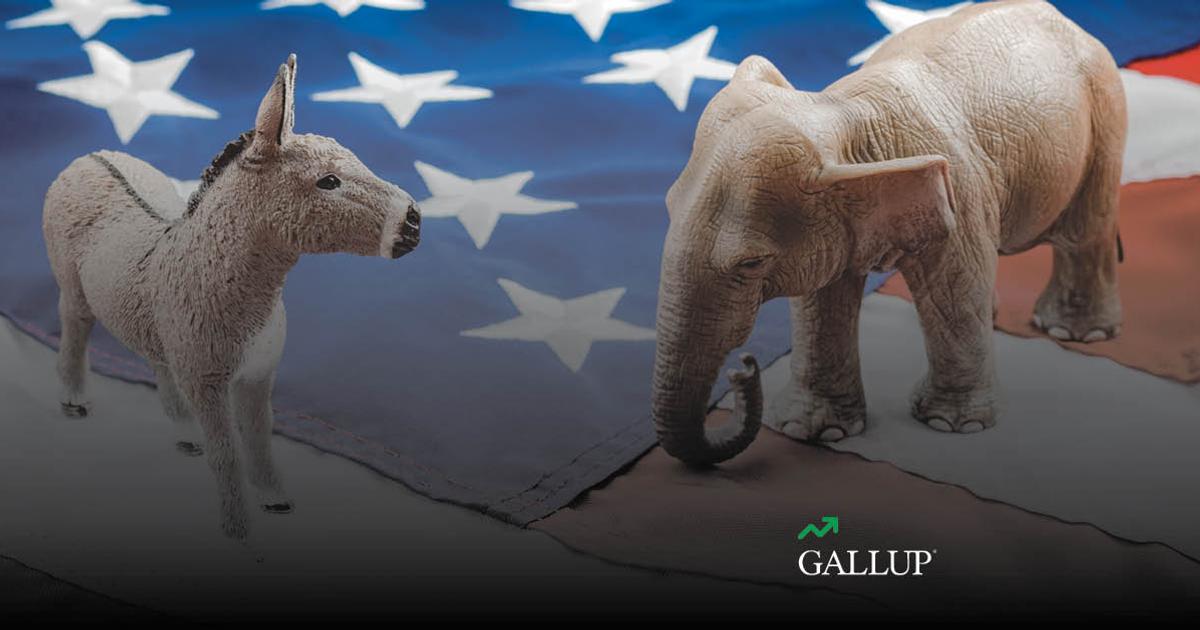If they were able, the left would dissolve the constitution altogether.
They're already at work to destroy the founders, all that's left is the founders documents.
The bill simply again changes state statutes, using the same constitutional power for how existing state winner-take-all laws came into existence in 48 states in the first place. Maine (in 1969) and Nebraska (in 1992) chose not to have winner-take-all laws. The bill is 72% of the way to guaranteeing the majority of Electoral College votes and the presidency to the candidate who wins the most popular votes in the country.
The bill changes state statewide winner-take-all laws (not mentioned in the U.S. Constitution, but later enacted by 48 states), without changing anything in the Constitution, using the built-in method that the Constitution provides for states to make changes.
States are agreeing to award their 270+ electoral votes to the winner of the most national popular votes, by simply again changing their state’s law.
All votes would be valued equally as 1 vote in presidential elections, no matter where voters live.
Candidates, as in other elections, would allocate their time, money, polling, organizing, and ad buys roughly in proportion to the population
Candidates would have to appeal to more Americans throughout the country.
Every vote, everywhere, would be politically relevant and equal in every presidential election.
No more distorting, crude, and divisive red and blue state maps of predictable outcomes, that don’t represent any minority party voters within each state.
No more handful of 'battleground' states (where the two major political parties happen to have similar levels of support) where voters and policies are more important than those of the voters in 38+ predictable winner states that have just been 'spectators' and ignored after the conventions.
We can limit the outsized power and influence of a few battleground states in order to better serve our nation.
In 2018, the National Popular Vote bill in the Michigan Senate was sponsored by a bipartisan group of 25 of the 38 Michigan senators, including 15 Republicans and 10 Democrats.
The bill was approved in 2016 by a unanimous bipartisan House committee vote in both Georgia (16 electoral votes) and Missouri (10).
In 2016 the Arizona House of Representatives passed the bill 40-16-4.
Two-thirds of the Republicans and two-thirds of the Democrats in the Arizona House of Representatives sponsored the bill.
In January 2016, two-thirds of the Arizona Senate sponsored the bill.
In 2014, the Oklahoma Senate passed the bill by a 28–18 margin.
In 2009, the Arkansas House of Representatives passed the bill.
NY and CA enacted it with bipartisan support.
On March 25, 2014 in the New York Senate, Republicans supported the bill 27-2; Republicans endorsed by the Conservative Party by 26-2; The Conservative Party of New York endorsed the bill.
In the New York Assembly, Republicans supported the bill 21–18; Republicans endorsed by the Conservative party supported the bill 18–16.
CA supporters included:
Ray Haynes served as the National Chairman of the American Legislative Exchange Council (ALEC) in 2000. He served as a Republican in the California State Senate from 1994 to 2002 and was elected to the Assembly in 1992 and 2002
James Brulte the
California Republican Party chairman, served as Republican Leader of the
California State Assembly from 1992 to 1996,
California State Senator from 1996 to 2004, and Senate Republican leader from 2000 to 2004.



